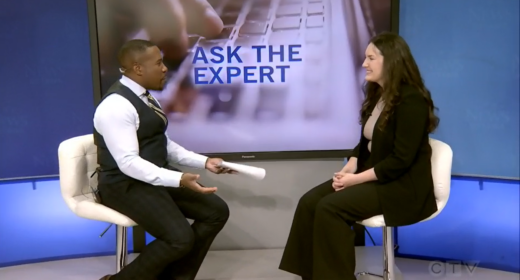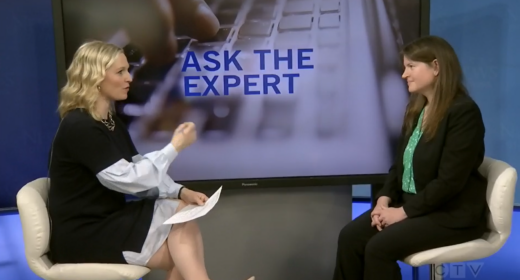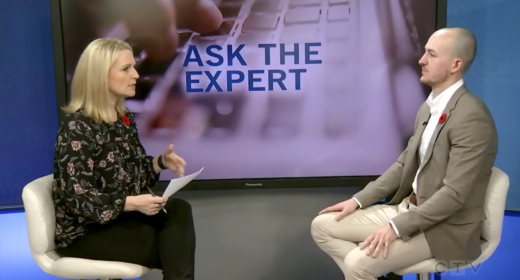With summer quickly approaching, the Ottawa Catholic School Board’s Workplace Safety Week runs from April 22 to 28, 2014. Through their partnerships with other organizations, information has been posted to help students avoid injuries, understand their rights at work, and become aware of work hazards. Unfortunately, even with the utmost precautions, some adolescents will be injured while working, and should be aware of their entitlement to benefits under the Workplace Safety and Insurance Act.
Secondary students registered in the Ministry of Education Work Programs who are placed with employers, and are not paid by a placement host, are covered by the Workplace Safety and Insurance Board for injuries during the placement. These students are referred to as pupils under the Education Act.
Students are covered when:
- They are performing the duties assigned by the placement host under supervision.
- The placement takes place on School Board’s property, and they are supervised by non-teaching staff.
- Traveling, as required, to perform the duties assigned.
- The placement is outside of Ontario if they are involved/enrolled in an international co-operative education program. Coverage is automatic for six (6) months.
For more information regarding unpaid training placement, please see the WSIB Policy no.: 12-04-04, titled ‘Individuals on Unpaid Training Placements.’
Students are not covered while:
- They are at school attending regular classes.
- Travelling to and from a placement host.
- Working as teachers aids in a school classroom or shop because these programs are under constant supervision of teachers with greater control over working conditions.
- They are training for or participating in individual teams sports
- Performing mandatory number of hours in volunteer community services.
For more information regarding students and work education programs, please see the Workplace Safety and Insurance Board (WSIB) Policy no.: 12-04-07, titled ‘Students in Work Education Programs’.
For workers who are students, the average earnings are calculated by taking into account:
- The worker’s earnings from all employers, the worker was employed with at the time of the injury;
- Any pattern of employment that resulted in the variation of the worker’s earnings; and
- Other information considered appropriate.
The average earnings of a worker who is a student are re-calculated if the worker is unable to complete his/her education as a result of the injury, when they would have completed his/her education, had the accident not occurred, or in any other case when the worker has ended his/her education.
Generally, students would be paid based on the earnings at the time of the accident; however, if a student was enrolled in an University, College, training on the job, or apprenticeship programs, their earnings would be re-calculated based on their earnings that they could have expected to attain had they completed their education or program.
For more information regarding benefits for students, please see the WSIB Policy no.: 18-02-08, titled ‘Determining Average Earnings – Exceptional Cases’.
In addition to young workers being entitled to loss of earnings benefits, they are also entitled to health care, non-economic loss benefits and potentially work transition.
For more information regarding workplace safety for students, please visit our Young Worker Awareness page.


